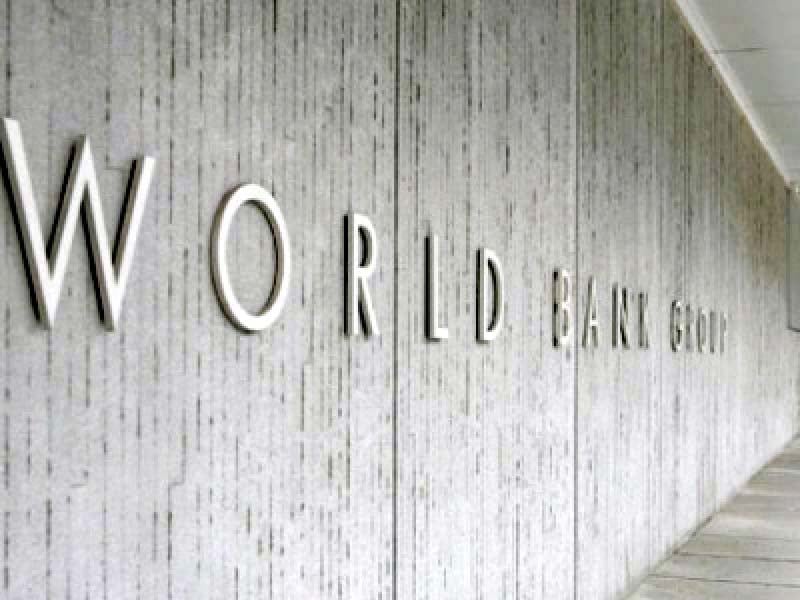Published in The Express Tribune on February 11, 2023
KARACHI: Pakistan’s economy is standing at a critical juncture – one where contingencies have long stopped working and long-term structural imbalances need to be addressed.
According to a new World Bank report released on Friday, the global lender put forth many crucial policy recommendations including harmonising direct taxes across sectors.
“Key to Pakistan’s sustainable recovery is productivity and investment growth. But distortions have made it elusive,” said Gonzalo J Varela, Senior Economist and Co-Author of the report in a press statement.
“First, reduce distortions that misallocate resources and talent. Second, support growth of firms through smart interventions, rather than through blanket subsidies. Third, create a positive, dynamic loop between evidence and policymaking and strengthening feasibility analysis of publicly funded projects or programs,” suggests the report.
According to the report, Pakistan’s economy can grow sustainably only if the country introduces productivity enhancing reforms that facilitate a better allocation of resources into more dynamic activities and of talent to more productive uses.
The report titled ‘From Swimming in Sand to High and Sustainable Growth’, finds that the country’s inability to allocate all its talent and resources to the most productive uses has stunted economic growth. It then proceeds to present evidence of systematic productivity stagnation across the firms and farms.
“In manufacturing and services, most of the productivity stagnation is related to firms losing efficiency over time. The report also shows a systematic decline in agricultural productivity, as well as a strong link between elevated temperatures and rainfall variations and productivity.”
The report presents a roadmap to reduce distortions in the country’s economy that are currently acting as a deterrent to productivity growth.
Critical reforms recommended include harmonising direct taxes across sectors so that more resources flow into dynamic tradable sectors like manufacturing and tradable services, instead of real-estate and non-tradables; reducing the anti-export bias of trade policy by lowering import duties and reversing the anti-diversification bias of export incentives.
Productivity is further affected by the fact that Pakistan does not tap into all of its talent. “Women in Pakistan have made progress in educational attainment, but this accumulated human capital is underused because of constraints they face to participate in the labour force,” stated Najy Benhassine, World Bank Country Director for Pakistan in a press statement.
“With only 22% of women employed in Pakistan, women’s labour force participation is among the lowest in the world. By closing the female employment gap relative to its peers, Pakistan can accrue GDP gains of up to 23%. Successful implementation of policies to address the demand- and supply-side barriers to female labour force participation, can create about 7.3 million new jobs for women.”
The also report urges Pakistan to maximise positive impact on businesses and productivity across the board by reducing regulatory complexity; harmonising the general sales tax (GST) across provinces; reforming investment laws to attract more foreign direct investment; and upgrading insolvency laws to reduce the costs of liquidating non-viable firms.
In the meantime, providing safe and affordable mobility especially for women; boosting digital connectivity and digitally enabled jobs; demonstrating the benefits of increased female labour force participation to positively shift entrenched norms; developing skills; and reducing sectoral gender bias are among the top and medium-term recommendations of the report.
“Firms in Pakistan struggle to grow large as they grow old. A young formal firm in Pakistan that has been in operation for 10 to 15 years is about the same size as a firm that has been in operation for more than 40 years. Similarly, an average Pakistani exporter is less than half the size of one in Bangladesh. This shows a lack of dynamism amongst Pakistani firms, compared to better functioning markets, where firms either grow or exit,” said Zehra Aslam, Economist and co-author of the report.






